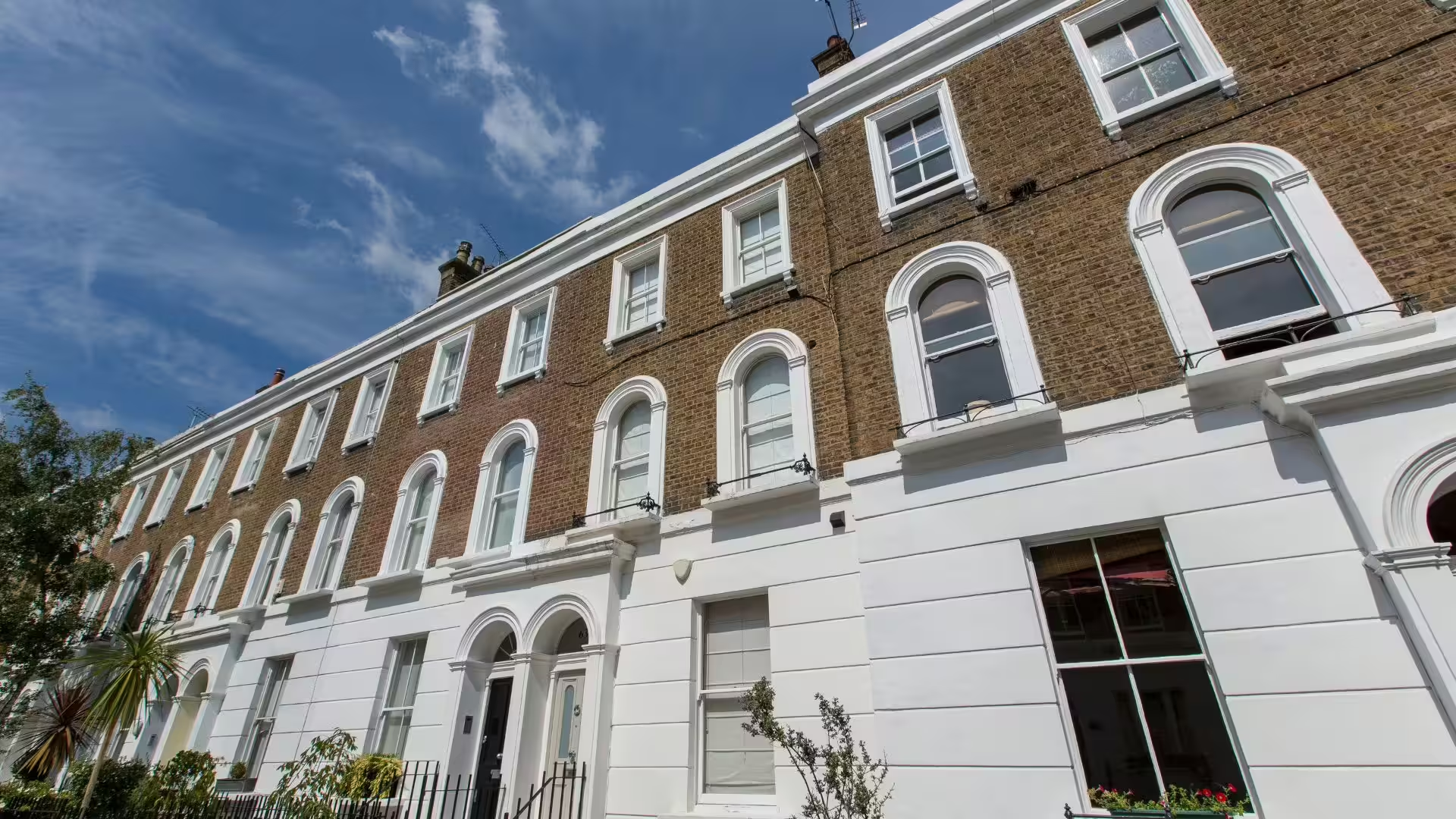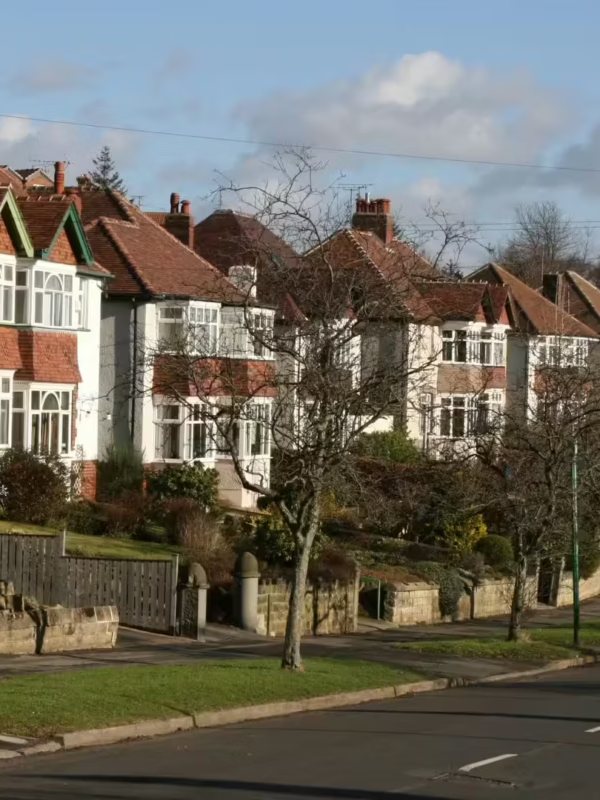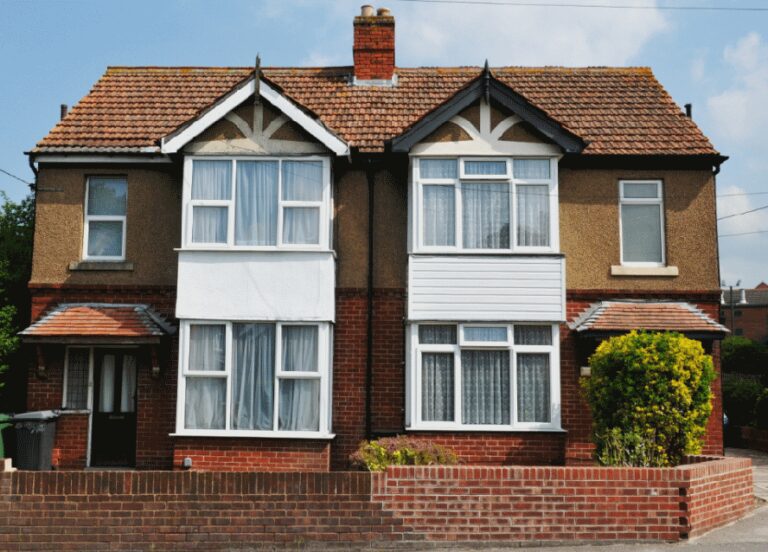
Selling Inherited Property
It’s never easy when we lose someone close to us, and giving ourselves time to grieve is important. Selling inherited property can make the grieving process much harder, especially if the passing was unexpected.
Read on to find out more about how We Buy Any House can simply the proess of selling an inherited property.

Looking to sell an inherited property
If you inherit property, you may find that you want to move out of your main residence and into the new house you have inherited.
Or, you may want to sell your inherited property and continue living in your current residence. However, this can be a challenging process – particularly if you’re still grieving.
Fortunately, We Buy Any House are here to help during this difficult time. Whether you just need some advice or you are looking for a quick house sale, you can trust us to treat you with respect and dignity through the entire process.
If you’ve inherited a property and you feel that you’re ready to sell your house, please contact our friendly team and we will provide you with a fully managed house sale service, giving you the time to focus on what you need too during this difficult time.
Frequently asked questions on Inheriting Property
Inheriting a house can be overwhelming after dealing with the loss of a loved one. Our property specialists have answered the important questions to help make selling inherited property easier.

Who are We Buy Any House?
We are a property buying company specialising in the quick house sales industry. In essence, we purchase homes from people that need to sell their property quickly, and we’re able to buy your property in as little as three days.
We are experts in purchasing inherited properties, having helped hundreds of people in your situation selling inhertied property, by providng a hassle-free, fully managed service, built upon our years of expertise in this area.
The property market can be extremely volatile, with many sales falling through before completion. However, when you decide to sell your house to us, the sale is guaranteed, ensuring you’ll be able to move on with your life in no time.
Instead of going through a stressful and lengthy sales process, you’ll get a cash offer within fifteen minutes of contacting us (within working hours).
We’ll also handle all of the paperwork and legal fees, making the process as easy as possible.
If you’d like to find out more, please get in touch on 0800 652 8612
How does the quick house sales process work?
If you’re selling inherited property and you’d like a quick house sale, you’ll likely want to understand how the process works before making a commitment. It’s important to keep yourself as informed as possible, so you can ensure you’re making the right decision for your circumstances.
When selling your inheritied property to We Buy Any House we will guide you through the following steps:

What are the advantages of selling inherited property to We Buy Any House?
If you’re due to inherit property the first decision you will need to make is what to do with the property you are about to inherit.
Selling a house is one of the most stressful experiences that an individual can go through – particularly if you’ve recently lost a close family member or friend.
When selling inheritance property through an estate agent, the sales process can take months (or in some cases years), with lots of documentation and legal paperwork to work through.
However, by choosing to sell your inherited property to We Buy Any House, we will provide you with a hassle-free service, managing all the paperwork and legal aspects of the sale, ensuring you can focus on more pressing matters.
If you’re tied into an existing mortgage, you may be concerned about the hassle of cancelling it.
The good news is that as a leading property buying company, we can help you regardless of your situation – even if you have an existing mortgage.
If you’d like to find out more about the quick house sale process, please get in touch with our helpful team here.

We Buy Any House help you move on with your life
It’s never easy when you lose a close family member or friend, and we understand that the grieving process can be difficult. The process of selling inherited property can make the situation even harder, which is where We Buy Any House come in.
As a trusted business within the quick house sales industry, we’ve helped thousands of people with their property sales, enabling them to move on with their lives in a matter of days.
We understand how hard the grieving process can be, and we promise to always treat you with honesty and respect, no matter your situation.
When you work with We Buy Any House, there are no estate agents, third parties or lengthy property viewings to deal with, ensuring you can move on with your life as quickly as possible.
Our fast service means that we can make you an offer in as little as fifteen minutes (during working hours), and we’ll also handle the legal aspects of the sale, ensuring that completion can happen within a timescale that suits you.
Whether you need to sell your existing home to move into a property you’ve inherited, or you’d like to sell your inherited house, we will be able to help you.
Simply complete our online form and we’ll make you an offer today.
Frequently asked questions on selling inherited property
Inheriting a new home can be overwhelming, particularly when you’re dealing with the loss of a loved one. To make the process as easy as possible, our property specialists have answered the most important questions you may have here.
We also have a dedicated FAQs page if you’d like to find out more, but if you still have unanswered questions, please contact us on 0800 652 8612 and we’ll help you as much as we can.
Yes, you can sell an inherited house to We Buy Any House.
Whilst some people prefer to sell their existing home and move into their inherited property, others choose to sell inherited property instead.
The answer to this question will depend largely on the situation itself. In most cases, inheritance tax is not applicable if the total cost of the inherited assets is below the £325,000 threshold. However, the estate’s value may still need to be reported, even if it falls below this amount.
If you are unsure, you can find inheritance tax calculators online to work out how much tax you may have to pay when selling inherited property.
As well as paying inheritance tax, you may also need to complete several legal/administrative tasks before selling inherited property. This includes factors such as probate, will readings and clearing any outstanding debts and obligations.
However, we will help you as much as possible throughout the process.
Unlike the traditional property selling process, there is no need to repair or renovate your property when conducting a quick house sale. We will purchase your property in its current condition, so this is not something you need to worry about.
We buy any house, providing we can mutually agree on a price.
We offer an alternative, hassle-free way to quickly sell your house and you can start today, with a no obligatory offer.
Whilst you may have heard stories about illegitimate quick house sale companies, we can state for certain that we are a reputable business. We always act in an honest and trustworthy manner, keeping you informed throughout the entire sales process.
We pride ourselves on our service, offering fair and competitive offers that match the current market value of your property.
Our team of experts are highly skilled in their field, having worked with thousands of clients since our inception. This gives us the knowledge to be able to provide you with an accurate offer, based on our professional perception of the market.
Please visit our Trustpilot page to see how our previous clients rate us.









